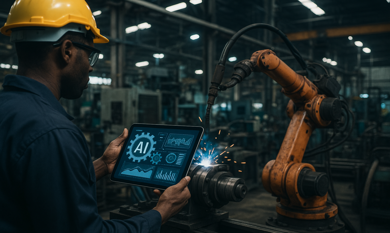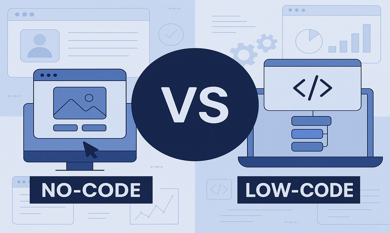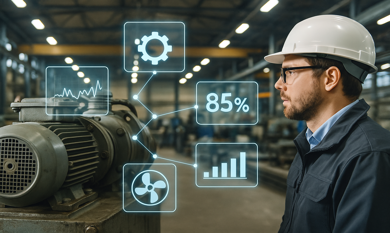In pharmaceutical manufacturing, keeping machines running smoothly is essential for producing high-quality medicines. Traditional maintenance methods, like fixing machines after they break or scheduling routine checkups, can lead to unexpected failures or unnecessary repairs. AI-powered predictive maintenance is changing this by helping manufacturers prevent problems before they happen, saving time and money.
How AI Helps in Predictive Maintenance
AI uses smart technology to analyze data from machines and predict when they might need maintenance. By monitoring sensor readings and past performance, AI can detect small issues before they turn into big problems. This allows manufacturers to fix equipment at the right time, avoiding sudden breakdowns. AI-based software development further enhances this capability by creating more sophisticated algorithms to track machine behavior and predict issues.
Benefits of AI-Powered Predictive Maintenance
- Less Downtime: AI helps schedule repairs in advance, preventing unexpected machine failures and keeping production running smoothly.
- Lower Costs: Avoiding emergency repairs and reducing unnecessary maintenance saves money on labor, spare parts, and machine downtime.
- Longer Equipment Life: Fixing small problems before they get worse helps machines last longer and reduces the need for expensive replacements.
- Better Product Quality: Well-maintained machines ensure consistent production, reducing defects and ensuring medicines meet safety standards.
- Easier Compliance: AI automatically tracks machine data, making it easier to meet strict industry regulations.
Use Cases of AI in Predictive Maintenance
- Monitoring Production Line Equipment: AI sensors on mixing tanks, conveyor belts, and capsule fillers detect early signs of wear and tear, allowing maintenance teams to replace parts before they fail.
- Temperature and Humidity Control: AI monitors climate control systems in clean rooms, ensuring stable conditions and preventing product contamination due to faulty HVAC systems.
- Preventing Failures in Packaging Machines: AI tracks vibration and motor performance in tablet packaging machines, predicting when components like rollers or seals need maintenance.
- Ensuring Sterilization Efficiency: AI analyzes steam sterilizer cycles, identifying irregularities that may affect sterilization quality, ensuring all equipment meets safety standards.
- Reducing Waste in Drug Manufacturing: AI detects inconsistencies in mixing and granulation processes, preventing production errors that could lead to wasted raw materials.
How to Use AI for Maintenance
To start using AI for predictive maintenance, manufacturers need to install smart sensors on their machines. These sensors collect real-time data, which AI analyzes to find patterns and predict issues. The results are shown on a dashboard, helping maintenance teams make quick and informed decisions.
The Future of AI in Manufacturing
As AI technology improves, predictive maintenance will become even more advanced, using digital models and automated systems for better decision-making. By adopting AI-powered maintenance, pharmaceutical manufacturers can improve efficiency, reduce risks, and ensure high-quality production.
AI in the pharmaceutical industry is transforming how companies manage their production processes, and the benefits of predictive maintenance are just the beginning.
Stay ahead in pharmaceutical manufacturing—invest in AI-powered predictive maintenance today to boost efficiency, reduce costs, and maintain the highest quality standards.
If you're looking for an AI development company in Dallas, consider partnering with Theta Technolabs to implement cutting-edge solutions tailored to your needs.






















_Choosing%20the%20Right%20App%20Development%20Company_%20A%20Comprehensive%20Guide_Q1_24.jpg)
_Chatbots%20for%20Event%20Management%20and%20Hospitality%20Services_Q1_24.jpg)
_Best%20iOS%20App%20Development%20Company_%20Enhancing%20User%20Engagement%20with%20Push%20Notifications_Q2_24.jpg)
_Key%20Trends%20in%20Healthcare%20Software%20Development%20for%20the%20Future_Q2_24.jpg)
_How%20much%20does%20it%20cost%20to%20create%20an%20android%20app%20in%202024%20for%20Startups_%20A%20detailed%20guide_Q2_24.jpg)
_Integrating%20Chatbots%20Into%20Your%20Application.jpg)


_Enhancing%20Driver%20Safety%20and%20Compliance%20with%20Web%20Apps%20in%20the%20Logistics%20Sector_Q3_24.jpg)
_Web%20Apps%20for%20Retail%20and%20eCommerce_%20Streamlining%20Operations%20and%20Reducing%20Costs_Q3_24.jpg)
_How%20AI%20is%20Enhancing%20Construction%20Site%20Surveillance%20and%20Security%20in%20Dallas_Q3_24-1.jpg)
_The%20Impact%20of%20Cross-Platform%20Apps%20on%20Real%20Estate%20Market%20Trends%20in%20Dallas_Q3_24-1.jpg)
_Streamlining%20Appointment%20Scheduling%20with%20Cloud%20Computing%20in%20Dallas%20Healthcare_Q4_25.jpg)
_How%20Cloud%20Solutions%20Are%20Enhancing%20Remote%20Patient%20Monitoring%20in%20Healthcare_Q4_25.jpg)










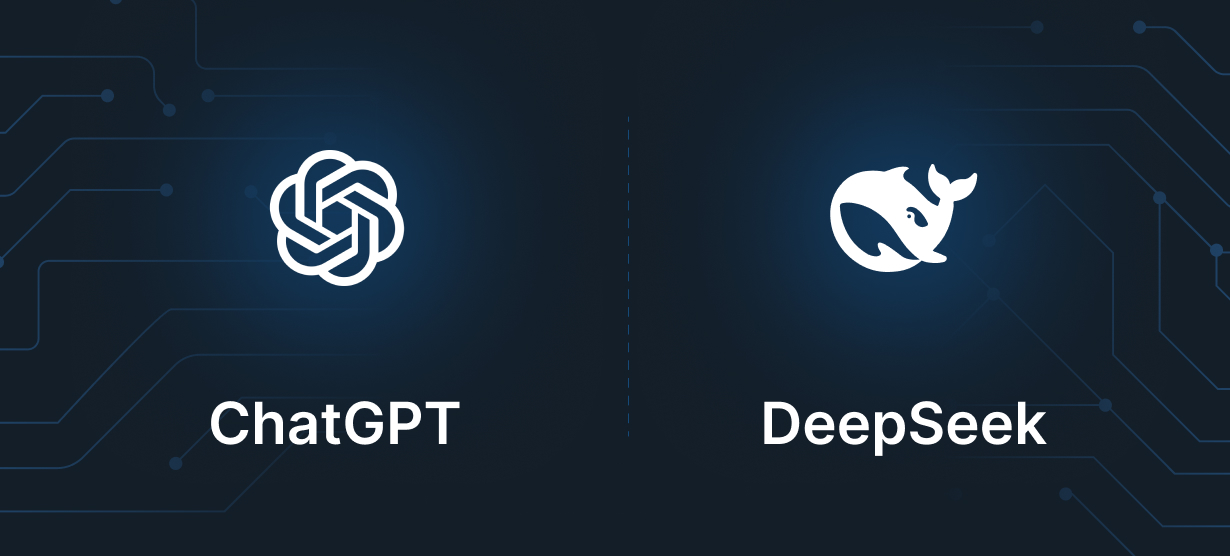




















.png)



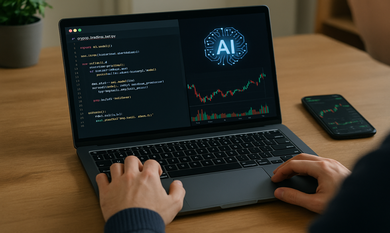
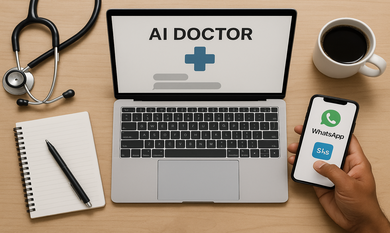

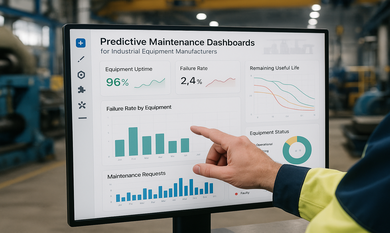





.png)

.png)
.png)
.png)
.png)


.png)
.png)
.png)

.png)



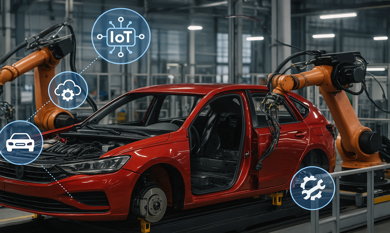


.png)
.png)


